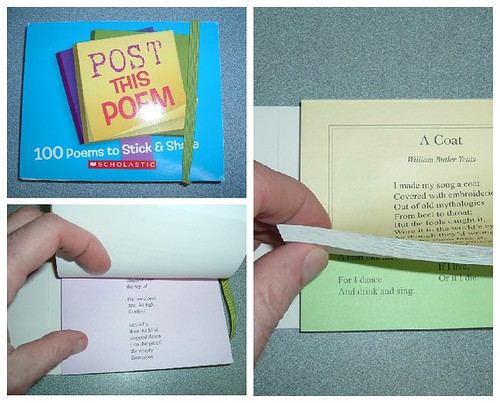There’s been a lot of discussion recently in the educational communities that I am part of around computer-based assessments of student writing, and what that means for the teacher (less work?) and students (inauthentic audience!) and companies (profit!) when writing is put into a computer program for assessment. You can probably tell by my snarky comment inserts that I am not all that supportive of the idea, although I understand the reasons why some districts might consider moving into that direction for some writing assessments (college entry exams have long used these kinds of automated grading systems).
See Audrey Watters great post about this issue on Hack Education
In the most recent edition of Wired magazine, Steven Levy profiles the flip side of that coin: computer software programs that are now beginning to write news stories for publication by tapping into data streams. Sports and financial news are the first steps to this kind of “writing” but Levy brings up a lot of intriguing issues, such as: would a computer ever win a Pulitzer Prize for Journalism? Well, I’d like to say, no, but can we really discount that sometime in the future, a program might be able to analyze some obscure data and create an article that would shake the world? It can happen. The folks at companies like Narrative Science (great name, btw) suggest that it may very well happen in as little as five years from now.
For now, the system built by Narrative Science is writing and publishing news articles on things like Little League and sports games and other areas of the news world that newspapers and media companies are ignoring. They are finding an audience niche, for sure, and actually, after reading the sample that Levy provided (and even this one from Forbes Magazine), the computer didn’t do so bad with the writing (as a former reporter, I’ve seen worse copy by fellow journalists). Of course, the computer-based writing misses the nuances of speech and other elements of style, but the developers claim they can tweak the program any way they want, and suggest that they could have the software cover the financial news in the style of Damon Runyan (I, for one, want to read that. See? Maybe there is an audience).
But, as someone who views himself as a writer, what does this all mean? If a machine writes, is it really writing as we know it? What does this do to the implicit compositional agreement that readers have with the writers, and what does this all do to that compact that if you read what I write, then we share a special connection? Does this idea even matter in these days when those bonds are very loose, and getting looser every day? I find it fascinating to think about. Could a machine write a poem? And what would that poem read like?
In my view, there is still something sacred about the process of putting ideas down on paper or a screen, and there is something very human about that experience. While I am intrigued by the direction that software might take writing, it scares me more than a little to know that someday, it will be difficult to judge whether a writer is a human or a machine. (And, why does it matter? Does it matter?) It brings me back to my complaints about automated assessments — the writer is composing ideas for some big black hole of nothingness, only a score. The act of writing has to be more than that.
Writing is about connecting with others, about making sense of the world around us.
Can a software program do that?
Peace (in the machine),
Kevin
